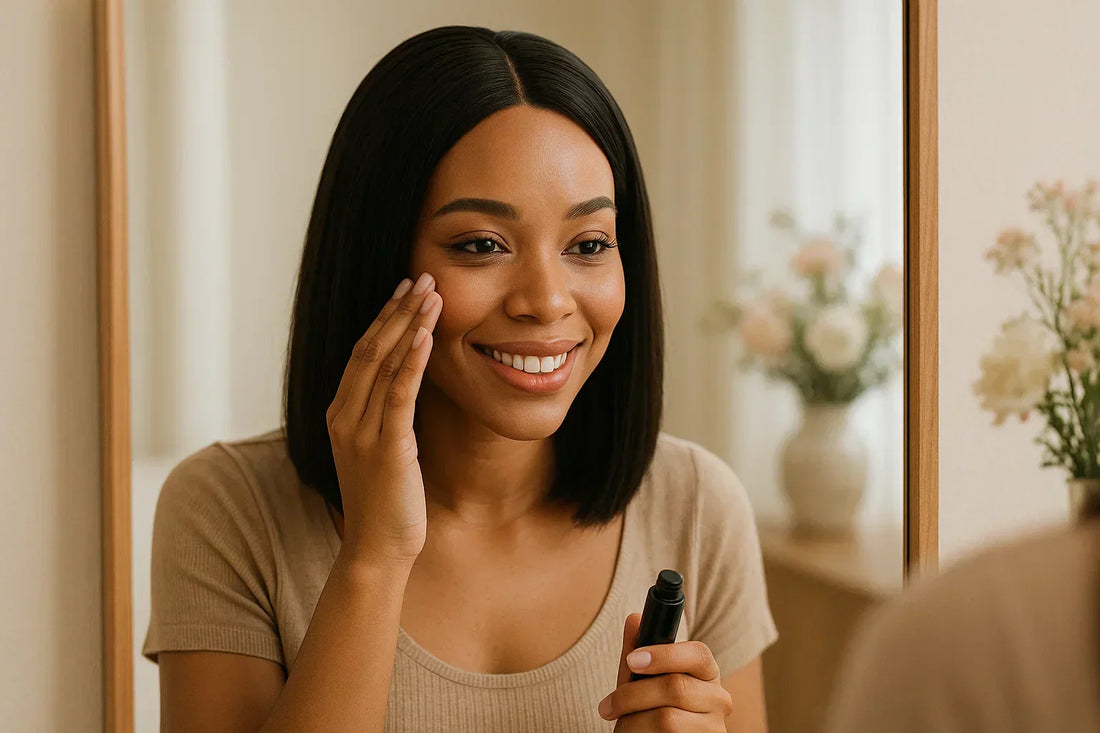
Do Wigs Damage Your Natural Hair? Protect Your Roots with These Tips
The Truth: Do Wigs Really Damage Your Hair?
Short answer: No, wigs don’t damage your natural hair — but poor wig care or bad habits can.
Damage usually comes from:
Tight wig caps pulling on your edges.
Not allowing your scalp to breathe.
Using glue or harsh adhesives too often.
Skipping regular scalp care.
With the right routine, wigs can actually help protect your natural hair from daily styling, heat, and environmental stress.
7 Expert Tips to Protect Your Roots While Wearing Wigs
1. Always Braid or Wrap Your Natural Hair First
Flat braids or a silk wrap keep your natural hair smooth, protected, and less likely to break under the wig cap.
2. Choose a Breathable Wig Cap
Opt for caps made of nylon or mesh to reduce scalp sweat and friction. Avoid caps that are too tight.
3. Skip the Glue (Whenever Possible)
Glueless wigs and adjustable straps are your hairline’s best friend. If you do use adhesive, clean it gently and never rip off the lace.
4. Moisturize Your Scalp & Hair
Apply a lightweight leave-in conditioner or natural oils (like jojoba or argan) to keep your hair and scalp hydrated under the wig.
5. Take Breaks
Don’t wear your wig 24/7. Give your natural hair a rest, especially at night. Sleeping in a silk bonnet helps too.
6. Wash & Care for Both Wig and Natural Hair
Clean wigs and a clean scalp = less buildup, less irritation, and healthier growth.
7. Rotate Styles
Switch between wigs, buns, or protective styles. Rotation helps avoid over-tension on one area of your hairline.
💡 Pro Tip: Wigs Can Be Protective!
When styled and worn correctly, wigs actually reduce the need for heat styling, constant brushing, and chemical treatments — letting your natural hair grow stronger underneath.
❓ FAQ: Wig & Natural Hair Care
Q1: Can wigs cause hair loss?
A: Not if worn correctly. Hair loss usually happens from too-tight caps or adhesives. A proper fit prevents this.
Q2: Is it safe to wear wigs every day?
A: Yes, but make sure to moisturize your scalp, wash your hair, and give it breaks to stay healthy.
Q3: How often should I wash my natural hair if I wear wigs?
A: Every 1–2 weeks, depending on buildup and scalp sensitivity.
Q4: Do glueless wigs protect my edges better?
A: Absolutely. Glueless styles eliminate harsh adhesive tension and are ideal for long-term wear.
